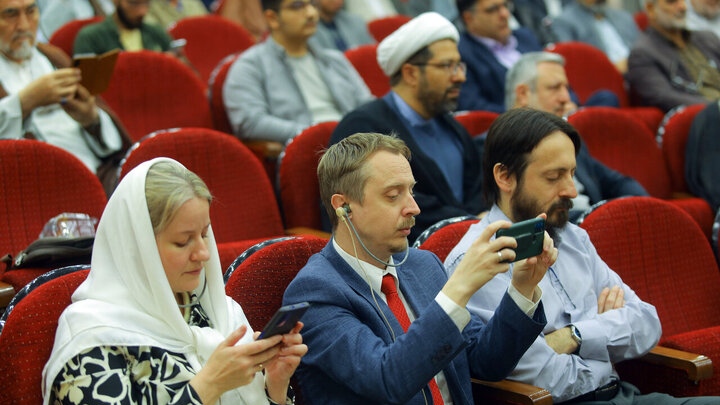QOM, Iran: The second International Conference on Comparative Ethics in Islam and Christianity concluded at the Sheikh Tusi Conference Hall, bringing together leading Muslim and Christian scholars from around the world to promote dialogue, coexistence, and ethical renewal.
As reported by Jahan Banou News Agency, the gathering featured distinguished figures including Hojjatoleslam Dr. Ahmad Vaezi, Dr. Najaf Lakzaee, Dr. Mohammad-Taqi Sobhani, Reverend Nikita Kuznetsov, Dr. Yousef Al-Siddiqi, and Reverend Gregory Nersisian, each offering perspectives on how shared moral values can help bridge divides between faith communities.
A Call for Dialogue and Shared Humanity
Opening the event, Hojjatoleslam Kashani, director of the International Institute for Dialogue between Islam and Christianity, said the conference aimed to “practice coexistence and cooperation among major world religions in pursuit of global peace.”
Citing the Qur’anic verse “Come to a word common between us and you,” he stressed that interfaith engagement must replace fear and mistrust with mutual understanding.
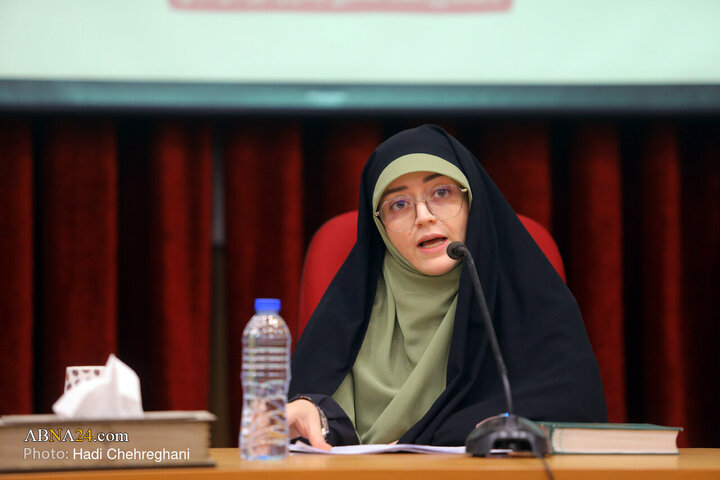
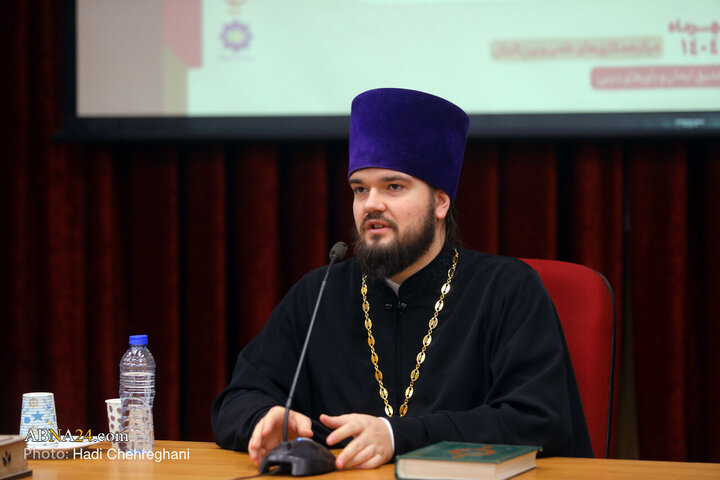
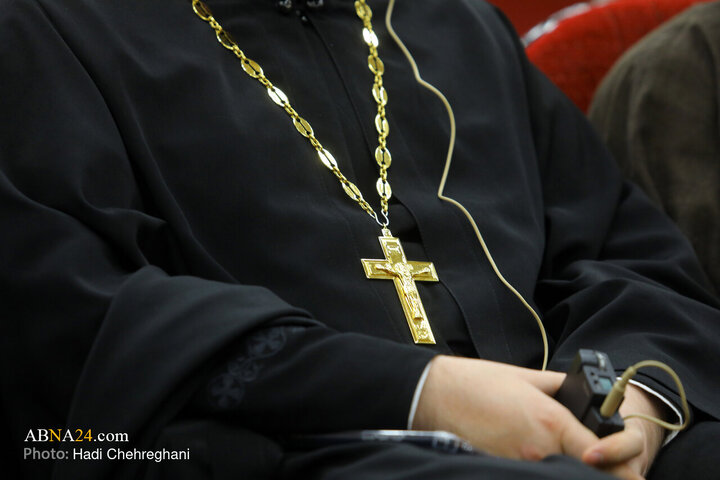
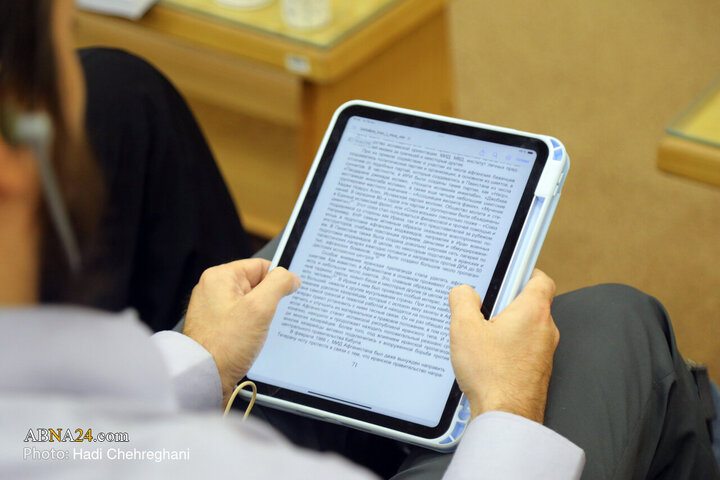
Restoring Morality to Public Life
Dr. Najaf Lakzaee, president of the Research Institute for Islamic Sciences and Culture, described ethics as the “missing foundation of modern governance.”
He urged policymakers to embed moral principles in legislation and international law, noting that “the prophets’ mission was to restore ethics to human life.”
Christianity’s Moral Compass
Reverend Gregory Nersisian of the Armenian Apostolic Church said Christian morality—rooted in love, justice, honesty, and human dignity—finds its purest expression in the life of Jesus Christ.
Reverend Nikita Kuznetsov, head of the Orthodox Theology Department at Kazan University in Russia, praised Iran’s hospitality and called for stronger unity among faiths to face shared ethical challenges in an age of materialism.
Dialogue as a Path to Peace
Dr. Yousef Mahmoud Al-Siddiqi of the Doha International Center for Interfaith Dialogue (DICID) emphasized that religious dialogue is “the key to achieving peace and mutual understanding.”
He highlighted the solidarity of religious communities with the people of Gaza as a powerful demonstration of moral unity influencing global decision-making.
Eighteen Joint Publications Unveiled
The conference concluded with the unveiling of 18 collaborative works co-authored by more than 100 Muslim and Christian scholars from 25 countries. Topics include:
- Human–animal ethics
- Just governance
- Family and sacred covenant
- Human dignity and life
- Earth as shared heritage
- Global positive ethics
- The seven deadly sins
- Rights of non-believers
- Interfaith dialogue and peacebuilding
- Bridges of Virtue (three-volume series)
In their final statement, participants reaffirmed that “ethics must return to the heart of political, social, and cultural life,” identifying interfaith dialogue as humanity’s surest route to peace, justice, and coexistence.
Reporter: Fatemeh Sorkh-Hesari


